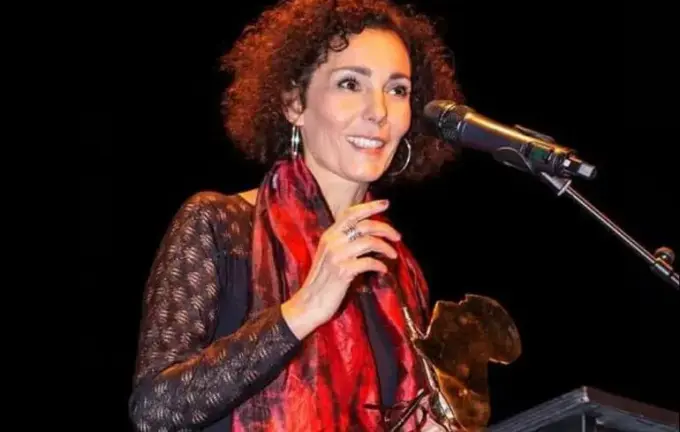EU hesitant to deploy frozen Russian assets for Ukraine support, warns Belgian EU commissioner

The European Union is currently in a state of cautious deliberation regarding the potential utilization of its frozen Russian assets to aid Ukraine in its fight against aggression.
According to recent statements from Belgian EU Commissioner Hadja Lahbib, Brussels is not yet prepared to undertake such a groundbreaking initiative, as the process requires meticulous legal preparation and concerted efforts from all member states, including possibly the G7 nations.
The main obstacle lies in the fact that the majority of these assets are owned by the Central Bank of Russia and are protected under international law, complicating any confiscation or use without breaching international norms.
Belgium, which holds most of these assets in the Euroclear depositary, has already begun passing on some of the interest accrued on these funds to Ukraine to support its military efforts.
However, other countries such as France, Luxembourg, and Germany are proceeding cautiously and have not announced significant transfers yet.
Belgian Prime Minister Bart De Wever blocked the plan during the EU summit in Brussels, citing concerns over legal and financial repercussions from Russia.
Lahbib emphasized that this process is unprecedented and must be approached with extreme care, considering all possible consequences.
The potential resources involved are substantial — around 140 billion euros, which could fund Ukraine’s defense for at least two years.
The decision on how to proceed is scheduled for discussion at the next EU leaders’ meeting in December, but no definitive timeline has been set.
Given that these assets are protected under international law and belong to Russia, their use requires careful legal balance and full EU unity.
Lahbib indicated that such a move could become possible if all member countries, along with G7 support, agree and share responsibility.
Nonetheless, she highlighted that much preparatory work remains, and not all countries are currently prepared to move forward.
While the EU is intensifying pressure on Belgium to expedite the use of these assets for Ukraine, many legal and diplomatic hurdles need to be addressed to avoid negative repercussions for the entire Union and adherence to international law.

